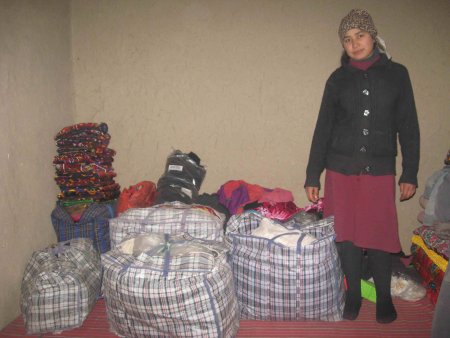True wisdom from Marco Arment this week:
We don’t deserve anything. Publishers can do whatever they want. If you don’t like it, don’t send them nasty emails or browse their sites with ad-blockers: just don’t support them. Don’t read their content, don’t link to them, and don’t talk about them. Since money’s not usually involved, vote with your attention and read elsewhere.
Merlin Mann tries to respond to it, but instead responds to everyone else’s arguments about why full feeds are better. But, I guess if you call something a straw man, the only way you “win” is by attacking some other position. What gets me though is this curiously stalker-ish final paragraph:
(I’d also mention, just in passing, Marco, that your two primary businesses I’m aware of rely very heavily on all that expensive content being freely available and munge-able. A magazine article that can’t be reblogged will never make it onto Tumblr, and a more (theoretically) monetizable world of teaser-only websites and feeds turns Instapaper into a beautifully-implemented PR aggregator)
Ad hominem, Merlin.


